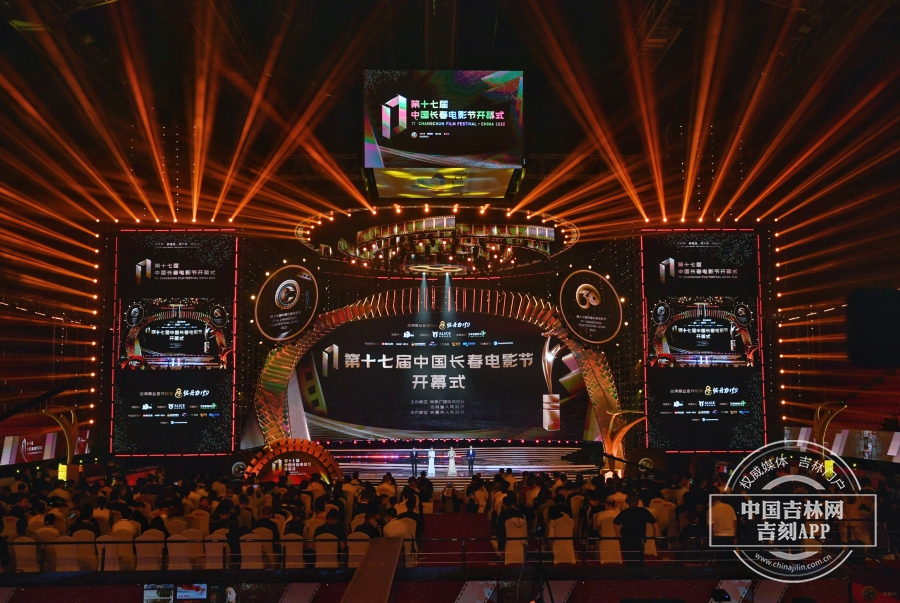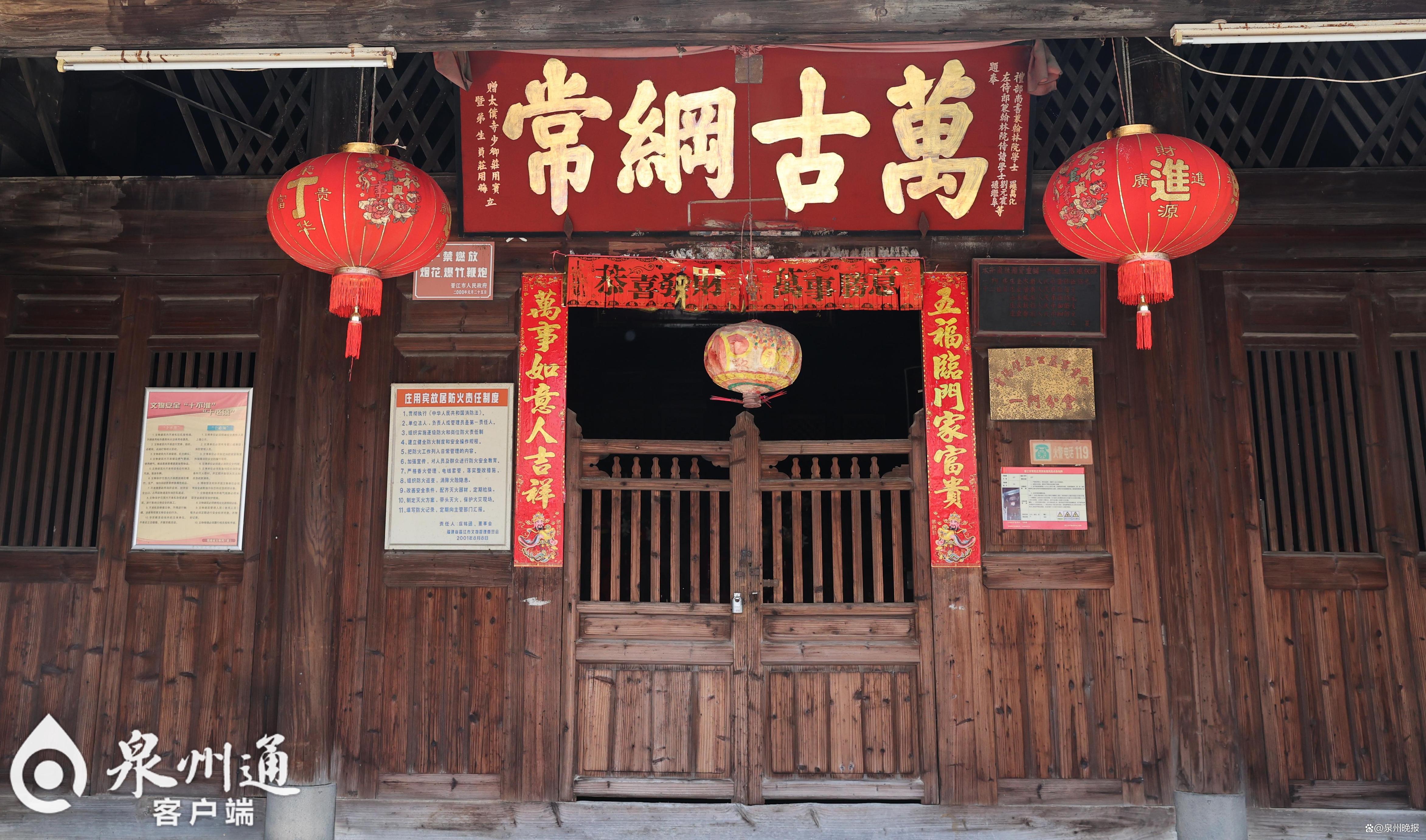Translator's rights and mission of translation
Author:Catti center Time:2022.09.11

In the traditional translation philosophy, there is no right to translate. Taking the history of Chinese and Western translation as an example, when we talked about the translator for almost two thousand years, we only talked about "task", "obligations" and "responsibility", but never mentioned the rights of translators. For a long period of time, the translator was not even guaranteed to even be signed in the translation.
The reason for this is that I am afraid that it is related to the mainstream objects of the translation at that time: because at the time (the medieval period of Europe, the Renaissance period, the translation period of the Chinese Buddhist scriptures, and the May 4th period) Compared with the original author, the masterpiece and translator's status is quite humble. At that time, there were only Gu Xianxian and literary masters in the minds of the academic community.
Someone once wanted to compete for the "privilege" of the translator, such as Charles Sorel (1602-1674), a well-known writer in French translation history. He said: "Make the original book reproduced in various eras, and transform the original work according to the popular fashion of various times. The translator has made corresponding changes to the original, which is the privilege of the translator." However, in the era of "original text first" and "whether loyal to the original text is the only criterion for judging the quality of translation", how can you accommodate such remarks?
In fact, Sorre also quickly changed his mouth and said, "In order to make the translation reach the level of excellence, he must choose a wise compromise method: it is neither over -bound by the original author's words or meaning, nor does it go too far. "
However, although no one gives the translator's rights, the translators are very clear about their rights and do not give up.
譬如对于在翻译中译者有没有权利体现自己风格的问题,在传统译学理念看来,译者当然是无权在翻译中体现自己风格的,因为译者的责任是传递原文的风格、原The author's style, not showing his own style.
However, in fact, the excellent translator will definitely not be satisfied with the simple text "porter" in the process of translation, and follows the original text. It is also bound by the original language.
For example, Fu Lei, he clearly advocated that "translation should be like a drawing painting, and what he sees is not like God", and his intention is to require the translator to get rid of the "shape" of the original language. As we all know, Fu Lei's translation style is obvious. We picked up the translation of Fu Lei's translation, only to look at a few pages. You can immediately feel that this is Fu Lei's translation without seeing the signature of the translator on the cover.
And an indisputable fact is that many of our readers fell in love with Balzak's work because of the style of Fu Yi and the works of Roman Roland. Here, the fact of the translation is obviously running counter to the traditional translation concept, forming a paradox.
The same "paradox" also existed in the argument caused by the works of Ge Haowen's translation of Mo Yan a few years ago: On the one hand, we all saw that Ge Haowen's translation "was a push to push Mo Yan's works to the Nobel Prize Power Piece Piece Piece Piece Piece Piece Piece. "The reason for the indispensable", but on the other hand, many people expressed "questioning" the translation of his "deletion and change", saying that he "changed" Mo Yan's original work.
The origin of this "paradox" in the translation industry is actually related to our translation concepts that are not adjusted according to the facts of the translation. For a long time, our understanding and understanding of translation have been on the conversion level of two languages. The understanding of the so -called qualified translation is "faithfully" to realize the conversion of two languages. As for the actual effect of this "conversion", whether the translation can be accepted by the readers of the translated language, it is loved, can it have an impact in the translation of the language environment, etc., and so on. The traditional translation concept is not considered.
In view of this, contemporary translation theory began to re -position the translation. In 2012, the theme of international translation day theme reiterated translation was a cross -cultural communication. The mission of emphasizing the translation was to promote effective cross -cultural communication between different nations and different countries.
Contemporary translation theory calls for "translator's appearance", highlighting the identity of the translator as a coordinator between two different languages and culture, revealing that the translator will "Control" of the translation.
Established the consciousness of modern translation theory and grasped the mission of translation, so many of the original "paradoxes" were solved: first, do not use the information of the original text as "whether it is 100 % as much as possible" as the judgment translation advantages and disadvantages The only criterion.
"Loyalty" is just a criterion for judging translation, but not the only criterion. We should also consider whether translation effectively and effectively promotes cross -cultural communication between different countries and ethnic groups. More important standards for success. To see the translation based on this standard, then whether Ge Translation Mo Yan is successful, whether the translation style of Fu translated Barzac and Roman Roland has the right and value of the existence, then it is not a problem.
Some people will be worried: you publicly declare the rights of the translator in this way, claiming that the translator can have his own style, and the translator can "control" the translation according to the actual situation of the translation of the language context. What about the emergence of "translation" and "chaotic translation"?
This concern is more concerned. In fact, the phenomenon of "Hu translation" and "random translations" in the translation community has already existed. It does not require modern translation theory to give it "rights". It has no direct relationship with our academic discussion with our translation issues and translation phenomena Essence The phenomenon of stopping, curbing, and preventing the phenomenon of "Hu translation" and "random translations" is of course relying on the self -discipline of the translator, but more importantly, I am afraid that they need to strengthen translation criticism. Strengthen translation criticism, so that "Hu translation" and "random translations" have no self -confidence, without the market, and the translators of "Hu translation" and "chaos" are scanned. At the same time, establishing related translation laws and regulations is The "Hui Translation" and "Randy Translation" phenomenon is effective and effective.
There is also a question related to translation here, and you may wish to mention it by the way. This is how to evaluate the award of the Outstanding Translation Literature Award. Our usual practice is that if this year's award is rated, the candidate is translated as a translation published in the previous two or three years.
This approach is actually not in line with the law of translation. The translation is not like creation, and its social effect can be shown in a short period of time. The translation needs to be tested by the reader and the test of time. Outstanding translators often need to polish a translation for many years, and after the translation, it still takes a considerable time to see if it can be accepted by the reader and whether it can have a positive impact on the literary and culture of the translated country.
Therefore, the selection of excellent translation literature awards may wish to learn from the Nobel Prize in Literature Award to comprehensively examine the translation of candidate translators and its social impact, so that it is possible to select the real excellent translation literary works.
Author: Xie Zhentian
- END -
Ji Yue 丨 The 17th China Changchun Film Festival opened

On the evening of August 23, the 17th China Changchun Film Festival opened.In this...
Jinjiang Qingyang's "Wake up" celebrities' former residence Zhuang Yubin's former residence ushered in protection and repair

Quanzhou Evening News · Quanzhou Tong Client August 11th (Quanzhou Evening News r...